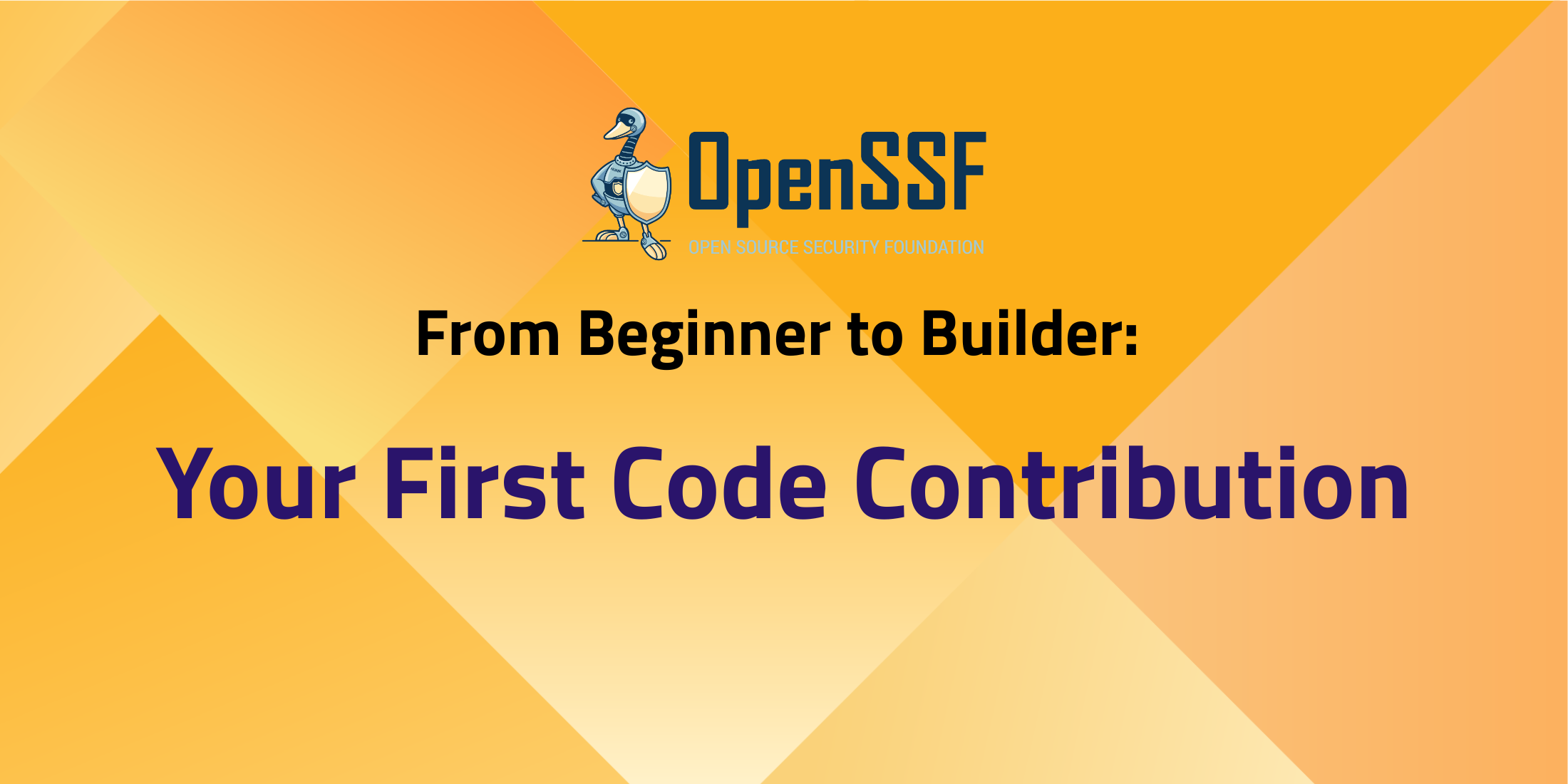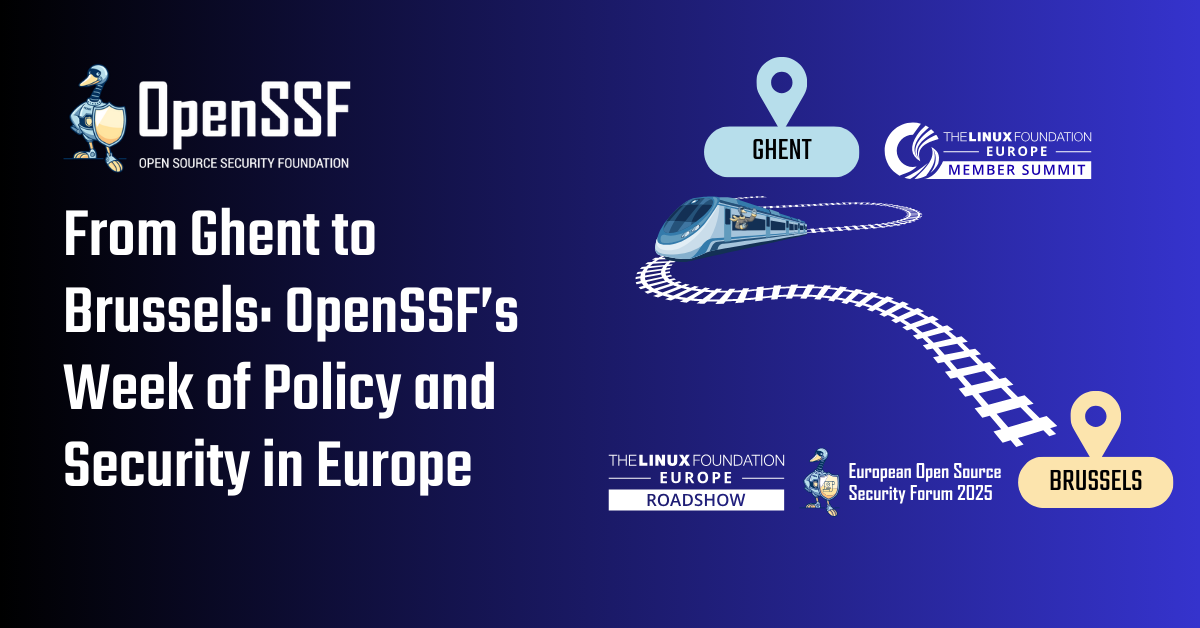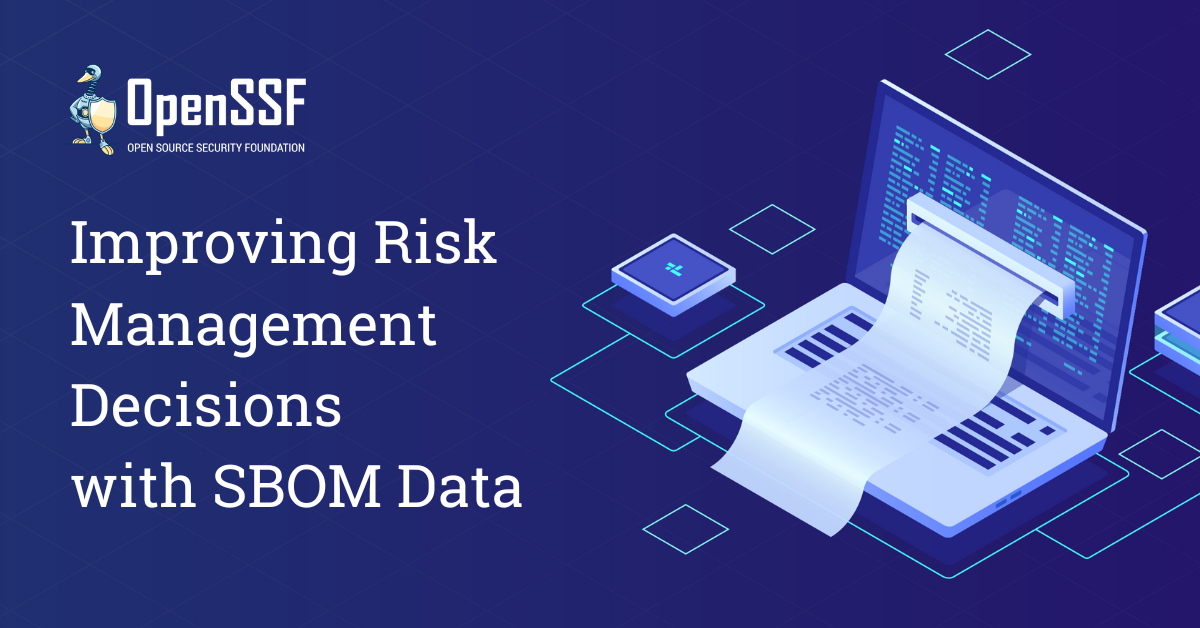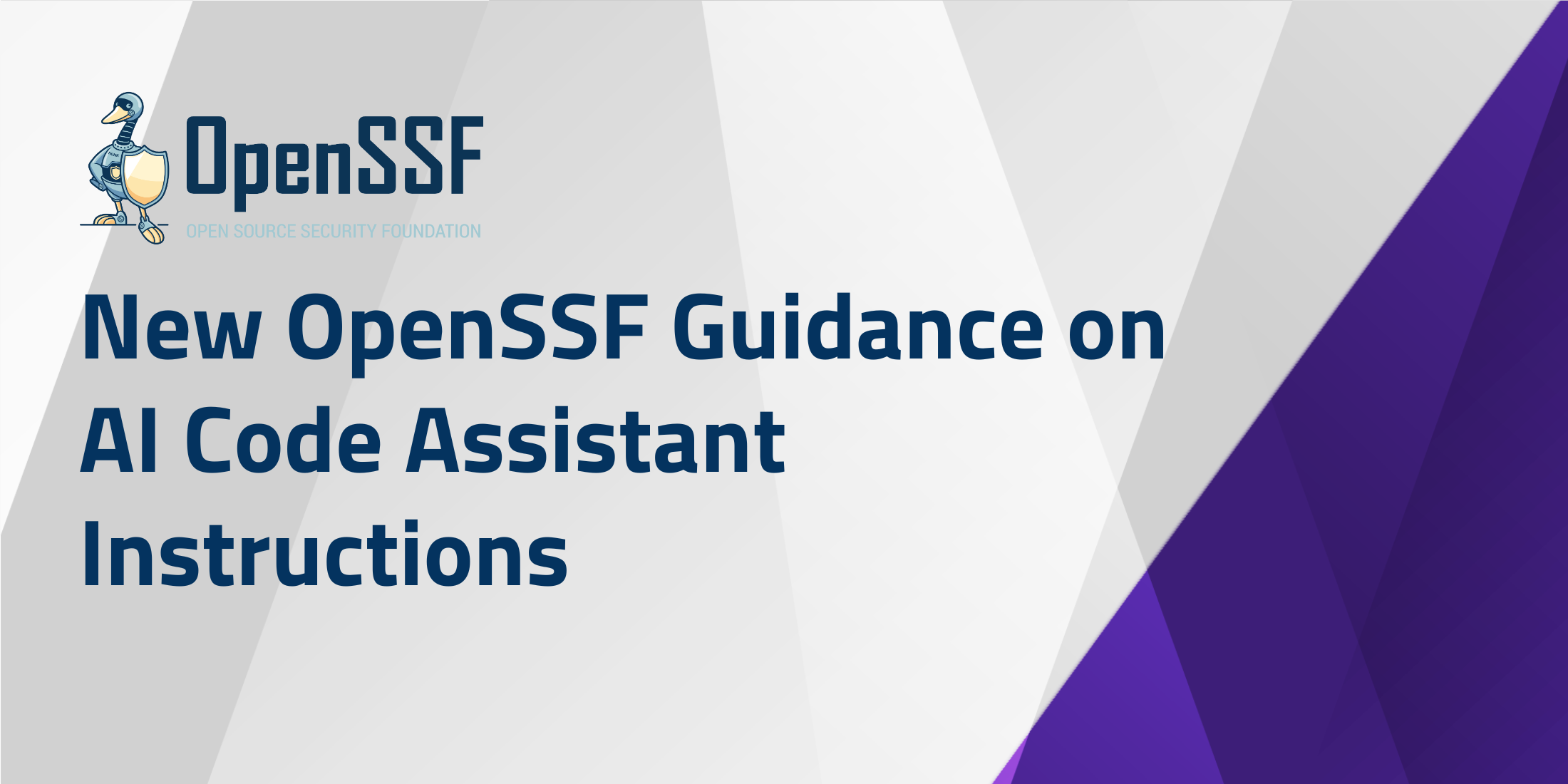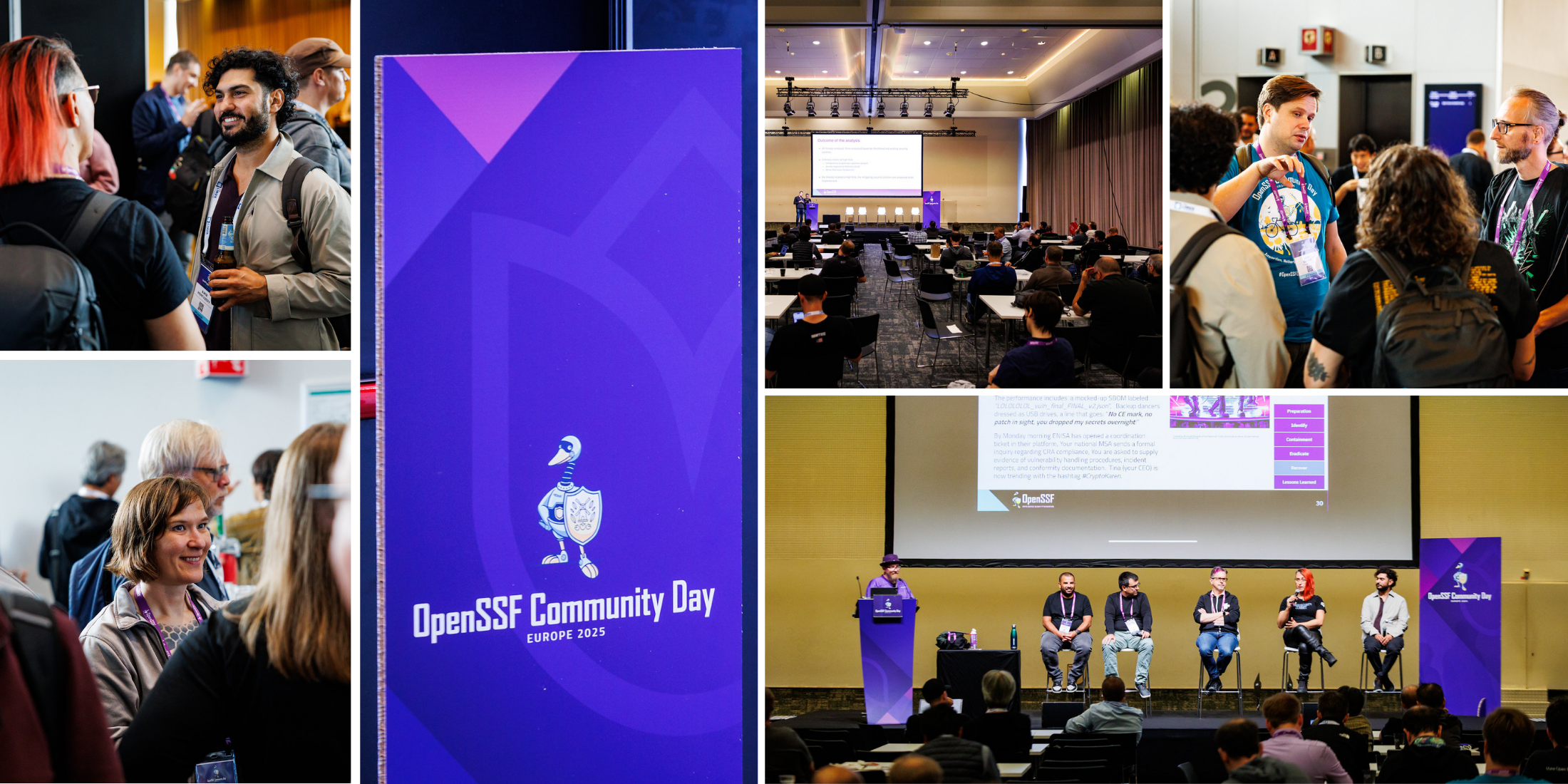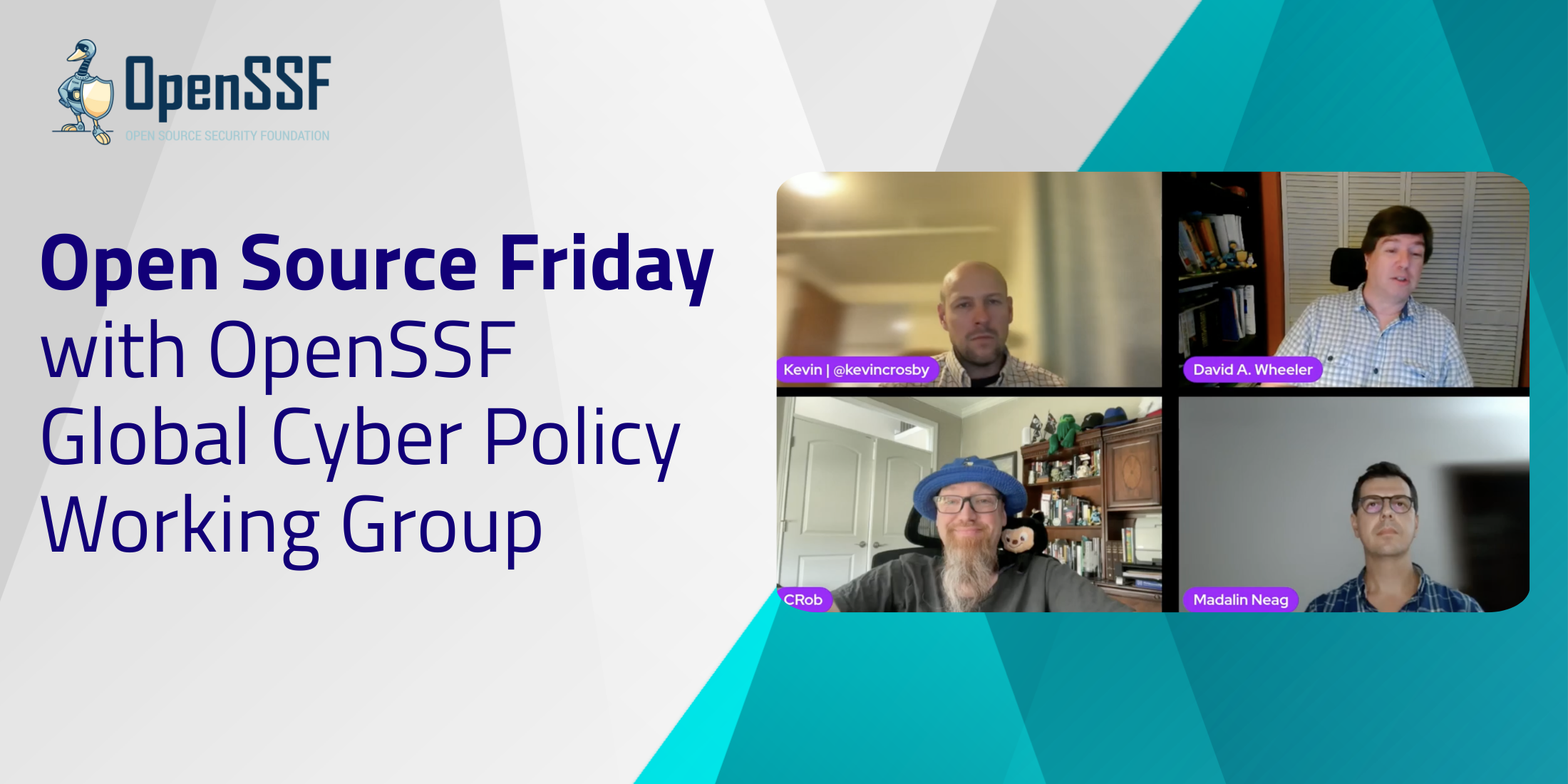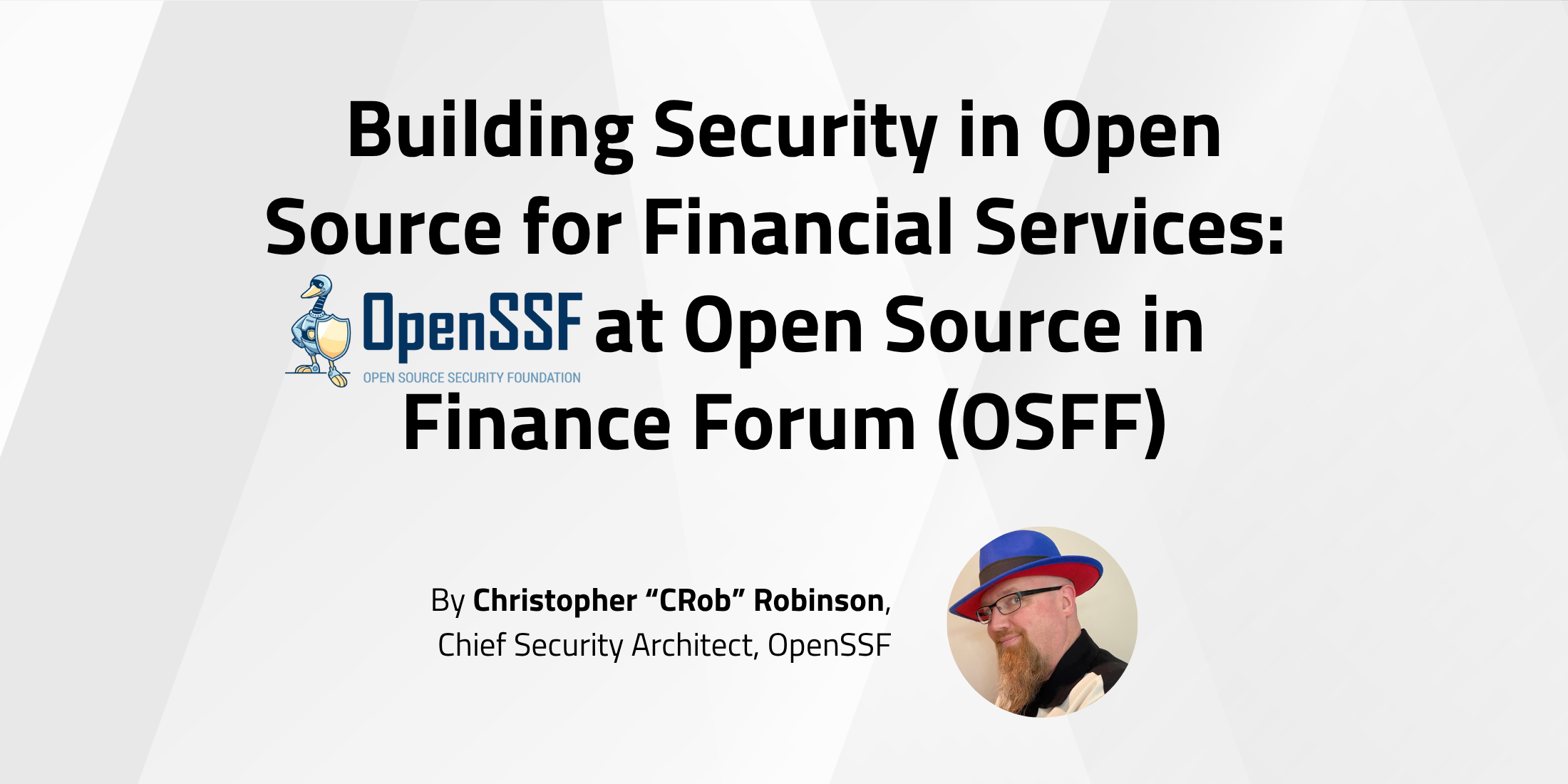


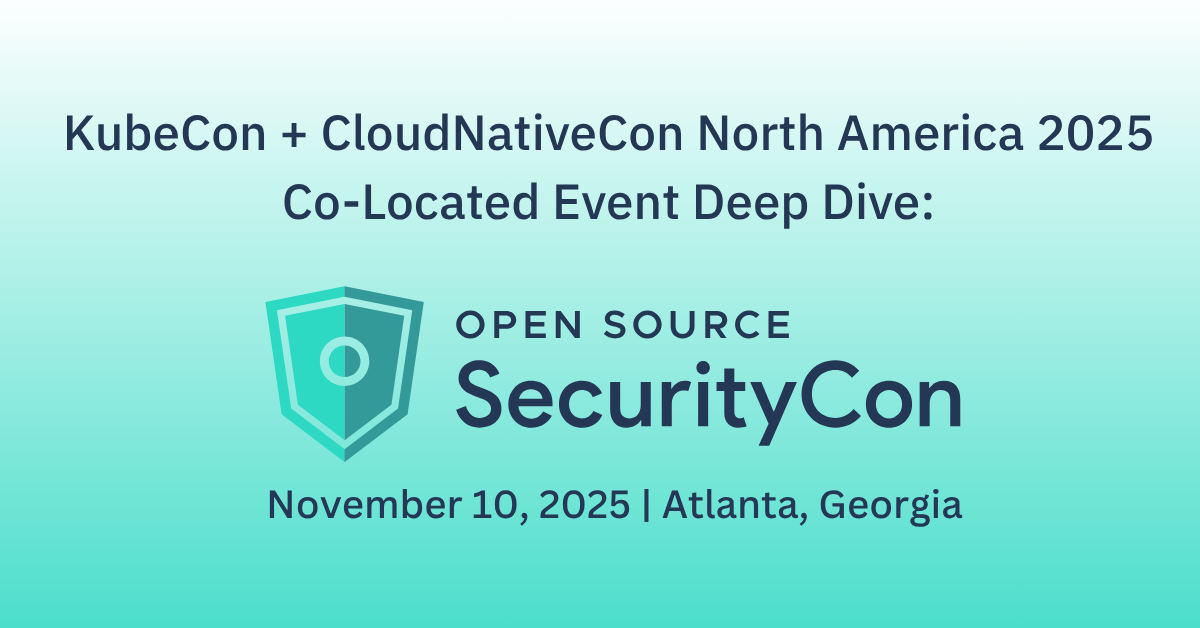
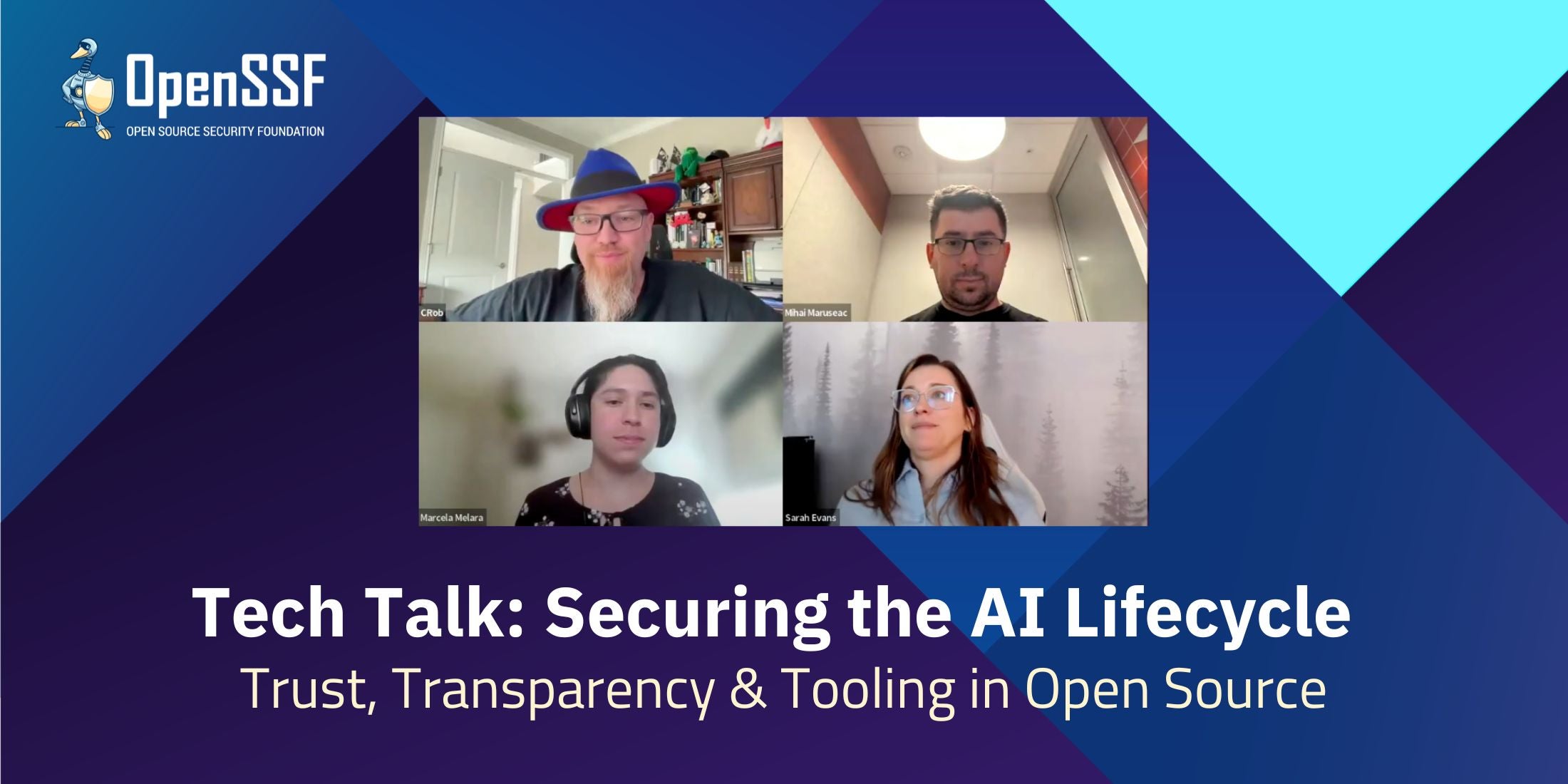
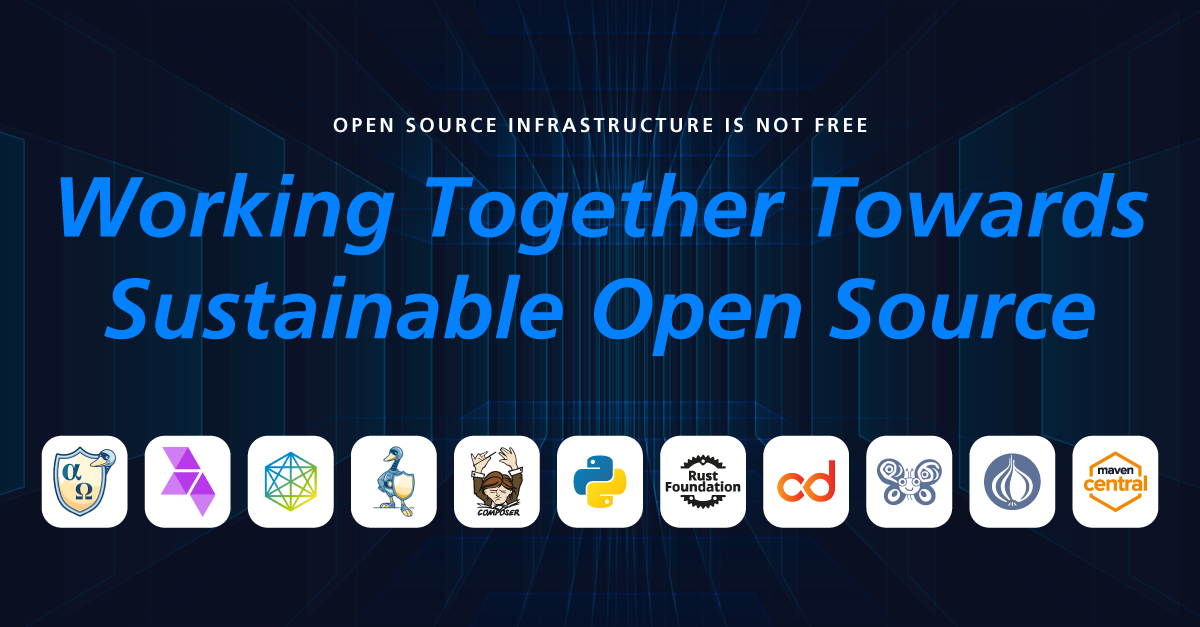
Over the past two decades, open source has revolutionized the way software is developed. Every modern application, whether written in Java, JavaScript, Python, Rust, PHP, or beyond, depends on public package registries like Maven Central, PyPI, crates.io, Packagist and open-vsx to retrieve, share, and validate dependencies. These registries have become foundational digital infrastructure – not just for open source, but for the global software supply chain.
Beyond package registries, open source projects also rely on essential systems for building, testing, analyzing, deploying, and distributing software. These also include content delivery networks (CDNs) that offer global reach and performance at scale, along with donated (usually cloud) computing power and storage to support them.
And yet, for all their importance, most of these systems operate under a dangerously fragile premise: They are often maintained, operated, and funded in ways that rely on goodwill, rather than mechanisms that align responsibility with usage.
Despite serving billions (perhaps even trillions) of downloads each month (largely driven by commercial-scale consumption), many of these services are funded by a small group of benefactors. Sometimes they are supported by commercial vendors, such as Sonatype (Maven Central), GitHub (npm) or Microsoft (NuGet). At other times, they are supported by nonprofit foundations that rely on grants, donations, and sponsorships to cover their maintenance, operation, and staffing.
Regardless of the operating model, the pattern remains the same: a small number of organizations absorb the majority of infrastructure costs, while the overwhelming majority of large-scale users, including commercial entities that generate demand and extract economic value, consume these services without contributing to their sustainability
Not long ago, maintaining an open source project meant uploading a tarball from your local machine to a website. Today, expectations are very different:
These expectations come with real costs in developer time, bandwidth, computing power, storage, CDN distribution, operational, and emergency response support. Yet, across ecosystems, most organizations that benefit from these services do not contribute financially, leaving a small group of stewards to carry the burden.
Automated CI systems, large-scale dependency scanners, and ephemeral container builds, which are often operated by companies, place enormous strain on infrastructure. These commercial-scale workloads often run without caching, throttling, or even awareness of the strain they impose. The rise of Generative and Agentic AI is driving a further explosion of machine-driven, often wasteful automated usage, compounding the existing challenges.
The illusion of “free and infinite” infrastructure encourages wasteful usage.
In many cases, public registries are now used to distribute not only open source libraries but also proprietary software, often as binaries or software development kits (SDKs) packaged as dependencies. These projects may have an open source license, but they are not functional except as part of a paid product or platform.
For the publisher, this model is efficient. It provides the reliability, performance, and global reach of public infrastructure without having to build or maintain it. In effect, public registries have become free global CDNs for commercial vendors.
We don’t believe this is inherently wrong. In fact, it’s somewhat understandable and speaks to the power of the open source development model. Public registries offer speed, global availability, and a trusted distribution infrastructure already used by their target users, making it sensible for commercial publishers to gravitate toward them. However, it is essential to acknowledge that this was not the original intention of these systems. Open source packaging ecosystems were created to support the distribution of open, community-driven software, not as a general-purpose backend for proprietary product delivery. If these registries are now serving both roles, and doing so at a massive scale, that’s fine. But it also means it’s time to bring expectations and incentives into alignment.
Commercial-scale use without commercial-scale support is unsustainable.
Open source infrastructure cannot be expected to operate indefinitely on unbalanced generosity. The real challenge is creating sustainable funding models that scale with usage, rather than relying on informal and inconsistent support.
There is a difference between:
Today, that distinction is often blurred. Open source infrastructure, whether backed by companies or community-led foundations, faces rising demands, fueled by enterprise-scale consumption, without reliable mechanisms to scale funding accordingly. Documented examples demonstrate how this imbalance drives ecosystem costs, highlighting the real-world consequences of an illusion that all usage is free and unlimited.
For foundations in particular, this challenge can be especially acute. Many are entrusted with running critical public services, yet must do so through donor funding, grants, and time-limited sponsorships. This makes long-term planning difficult and often limits their ability to invest proactively in staffing, supply chain security, availability, and scalability. Meanwhile, many of these repositories are experiencing exponential growth in demand, while the growth in sponsor support is at best linear, posing a challenge to the financial stability of the nonprofit organizations managing them.
At the same time, the long-standing challenge of maintainer funding remains unresolved. Despite years of experiments and well-intentioned initiatives, most maintainers of critical projects still receive little or no sustained support, leaving them to shoulder enormous responsibility in their personal time. In many cases, these same underfunded projects are supported by the very foundations already carrying the burden of infrastructure costs. In others, scarce funds are diverted to cover the operational and staffing needs of the infrastructure itself.
If we were able to bring greater balance and alignment between usage and funding of open source infrastructure, it would not only strengthen the resilience of the systems we all depend on, but it would also free up existing investments, giving foundations more room to directly support the maintainers who form the backbone of open source.
Billion-dollar ecosystems cannot stand on foundations built of goodwill and unpaid weekends.
It is time to adopt practical and sustainable approaches that better align usage with costs. While each ecosystem will adopt the approaches that make the most sense in its own context, the need for action is universal. These are the areas where action should be investigated:
These are not radical ideas. They are practical, commonsense measures already used in other shared systems, such as Internet bandwidth and cloud computing. They keep open infrastructure accessible while promoting responsibility at scale.
Sustainability is not about closing access; it’s about keeping the doors open and investing for the future.
We are proud to operate the infrastructure and systems that power the open source ecosystem and modern software development. These systems serve developers in every field, across every industry, and in every region of the world.
But their sustainability cannot continue to rely solely on a small group of donors or silent benefactors. We must shift from a culture of invisible dependence to one of balanced and aligned investments.
This is not (yet) a crisis. But it is a critical inflection point.
If we act now to evolve our models, creating room for participation, partnership, and shared responsibility, we can maintain the strength, stability, and accessibility of these systems for everyone.
Without action, the foundation beneath modern software will give way. With action — shared, aligned, and sustained — we can ensure these systems remain strong, secure, and open to all.
While each ecosystem may adopt different approaches, there are clear ways for organizations and individuals to begin engaging now:
Awareness is important, but awareness alone is not enough. These systems will only remain sustainable if those who benefit most also share in their support.
This open letter serves as a starting point, not a finish. As stewards of this shared infrastructure, we will continue to work together with foundations, governments, and industry partners to turn principles into practice. Each ecosystem will pursue the models that make sense in its own context, but all share the same direction: aligning responsibility with usage to ensure resilience.
Future changes may take various forms, ranging from new funding partnerships to revised usage policies to expanded collaboration with governments and enterprises. What matters most is that the status quo cannot hold.
We invite you to engage with us in this work: learn from the communities that maintain your dependencies, bring forward ideas, and be prepared for a world where sustainability is not optional but expected.
Signed by
Alpha-Omega
Continuous Delivery Foundation
Eclipse Foundation (Open VSX)
OpenJS Foundation
Open Source Security Foundation (OpenSSF)
Packagist (Composer)
Perl and Raku Foundation
Python Software Foundation (PyPI)
Ruby Central
Rust Foundation (crates.io)
Sonatype (Maven Central)
Organizational signatures indicate endorsement by the listed entity. Additional organizations may be added over time.
Acknowledgments: We thank the contributors from the above organizations and the broader community for their review and input.
